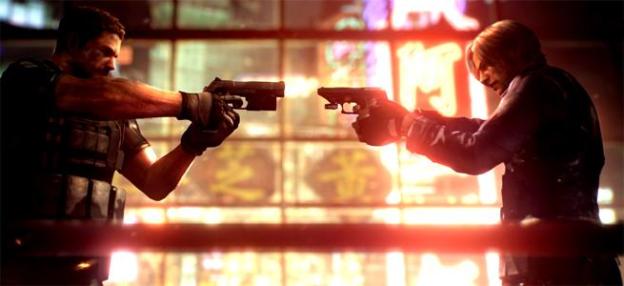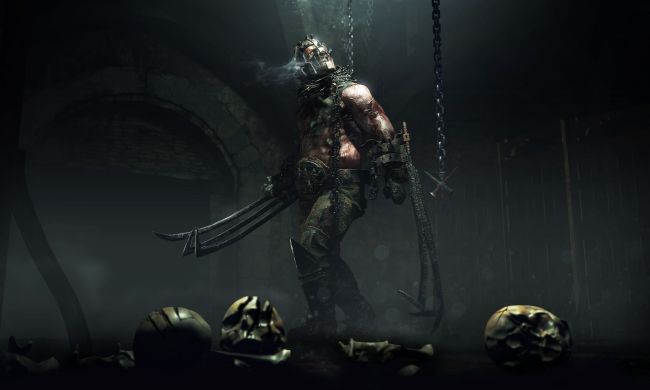
Unlike its peers in the video game publishing industry throughout Japan, Capcom saw the writing on the wall when the PlayStation 3 and Xbox 360 hit the market: In the HD era, video games are going to be so expensive to make that they will have to be made for a global audience, using as much non-permanent staff as possible. While Square-Enix and others’ internal development teams floundered, Capcom looked west.
“There are many independent developers overseas with genius development capabilities,” said Capcom’s then creative director Keiji Infanue in 2008, “Collaborating with these developers will firmly establish our position as ‘Capcom of the world’ and further strengthen the title brand.” From Dark Void to this year’s DmC, Capcom’s doggedly pursued that strategy. No more. In fact, Capcom thinks all the outsourcing has hurt the brand rather than helped.
Capcom issued guidance to its investors on Thursday morning ahead of its earnings report for the fiscal year (that ended in March), and the news was not good. The disappointing performance of games like Resident Evil 6 have already seen Capcom using rhetoric to brace for investor backlash, but now it’s expecting less than half of its previously projected profits. The company was expecting a somewhat meager take of more than $66 million, but now it’s expecting just $29.5 million. It’s also expecting to incur a more than $73 million loss because it’s cancelling a number of games currently in development to hunker down and refocus on internal development.
We reached out to Capcom about precisely which titles were discontinued, but the company stated “We can not comment on any unannounced titles.”
What happened? Capcom pegs the poor quality of big budget titles like Resident Evil 6 on relying too heavily on other studios, noting a “decline in quality of titles outsourced to overseas developers.” Those games in the works at other studios are the ones that are getting cancelled. Now Capcom will recommit to the internal development that made it famous, while also adjusting to its “delayed response to the shift to digital media.”
Capcom’s turn to outsourcing has never worked. Titles like the Swedish-developed Bionic Commando, Canadian-developed Dead Rising 2, and many others caused repeated losses between 2008 and 2010, yet Capcom doubled down after Inafune’s departure from the company that year, saying that it would bolster profits with even more sequels in established franchises made by contracted western developers. Hence titles like the million seller DmC. But Spark Unlimited’s Lost Planet 3, due in August, and Dontnod’s Remember Me in June may be the last missives from Capcom’s ‘00s strategy.
Internal talent development was what made Capcom a worldwide brand in the first place. Investing in developers that will grow over time can only help the company.


